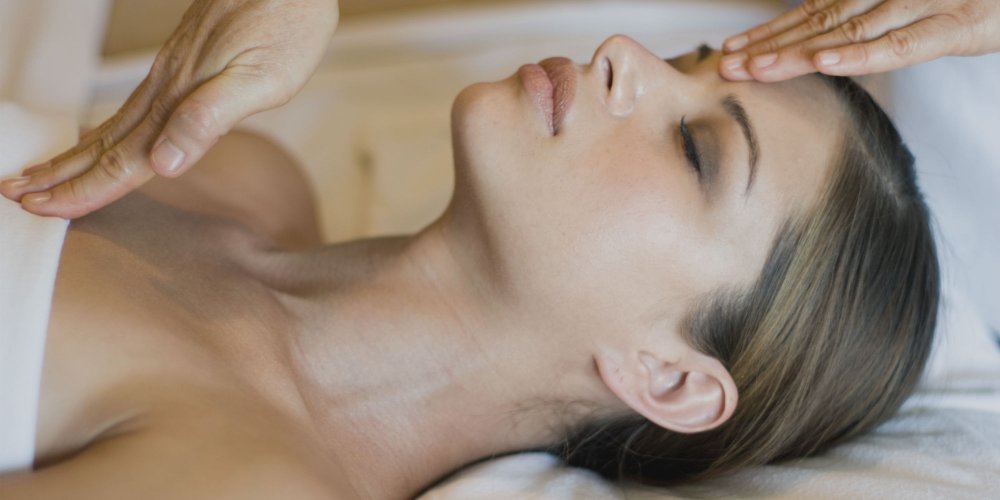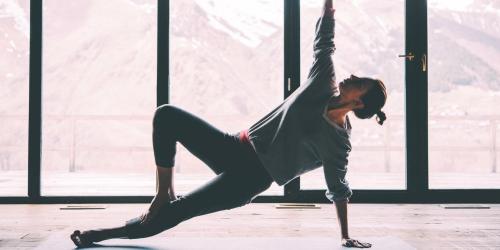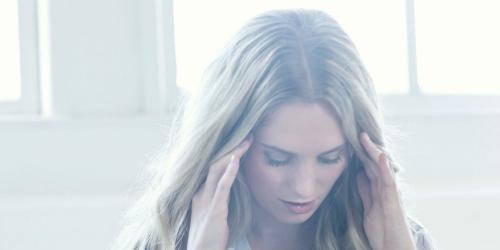Reiki is a Japanese practice combining relaxation and meditation.
It aims to " accompany anyone from their malaise to their sustainable well-being," explains Christian Mortier, a professor of Traditional Reiki at the Reiki Institute.
Founded in the early twentieth century by Japanese meditation master MikaoUsui (1865-1926), Reiki translates into French as " the strength of the spirit" . This method of personal fulfillment is based on a simple principle according to which the "well-being of the human being depends on itself", continues Christian Mortier.
What does a Reiki session look like?
A Reiki session lasts an average of one hour. During the first session, a mandatory interview takes place between the practitioner and the consultant to know the motivations of the latter as well as his expectations vis-à-vis Reiki.
Then come the time of the Reiki session itself. The consultant stays dressed, lies down, closes his eyes and lets himself go and do nothing. The practitioner, he begins to touch very slightly some specific points of the body of the consultant (on the head, shoulders, stomach, legs and feet ...), two to three minutes per point, while practicing a specific meditation.
It is thanks to the alliance of this meditation and the contact with these key points that relaxation can take place. "The consultant then enters into his own meditative resonance, which allows him to access the solutions he had in him to solve his problems.Reiki reconnects the consultant to himself and helps him to solve his problems with this he has in him and not with external solutions ", says Christian Mortier.
This is why during a Reiki session, you will not find any incense or relaxing music: the session takes place in silence to facilitate the connection with oneself.
At the end of the session, the practitioner gives the consultant an exercise to do at home to help him / her to be independent between visits. A discussion is also recommended after the meditation between the practitioner and consultant. "Reiki can provoke very strong emotions in the consultant, he may start crying, feel upset after the meditation, which is why it is important to communicate his feelings at the end of the session," says the professor. .
Reiki, for whom?
"Everyone," says Christian Mortier.
"Among my consultants, I do not have a typical profile, it can go from the doctor to the businessman through the employee or the engineer." Often, Reiki Enthusiasts are people who have previously tested psychoanalysis, meditation, yoga ... and look for what they have not found through these different practices to get better.
"Generally, the consultants arrive and say 'for me, life does not make any sense, all my convictions have collapsed', our goal is then to help them reconnect with themselves and unlock the solutions that they already have in them ".
Nevertheless, Reiki is contraindicated in a few specific cases, such as severe depression, psychosis or schizophrenia.
"At the first consultation, you normally ask for a medical certificate, because in these cases, it is very difficult to accompany the consultants".
How to find a reliable Reiki Master?
"On all practitioners, there is 99% of quacks!" warns Christian Mortier. And for good reason: "MikaoUsui, master of Japanese meditation founder of Reiki formalized this practice in 1922. He died 4 years later, without having time to leave in writing the functioning of Reiki."
Everyone then took the practice, reworked it in their own way and ended up calling it Reiki. To avoid these drifts, Christian Mortier has developed the Reikibunseki label , respecting the practice of Traditional Reiki and founded the Reiki Institute, offering courses ranging from one to three years to specialize in the art of Reiki.
To make sure of a Reiki Master's seriousness, ask him about his training, the duration of this one and the presence or not of the Reikibunseki label. "It is the requirement of the training which is generally the good practitioner", dixit Christian Mortier.
More information on www.institut-reiki.com.




